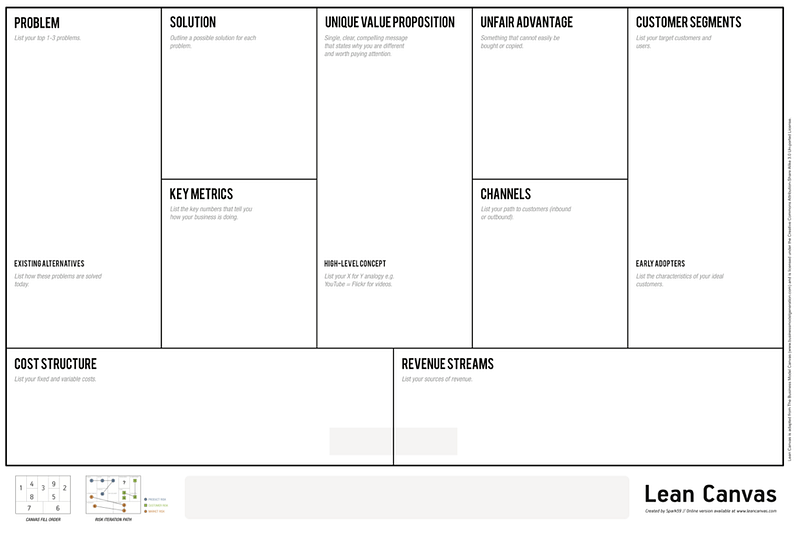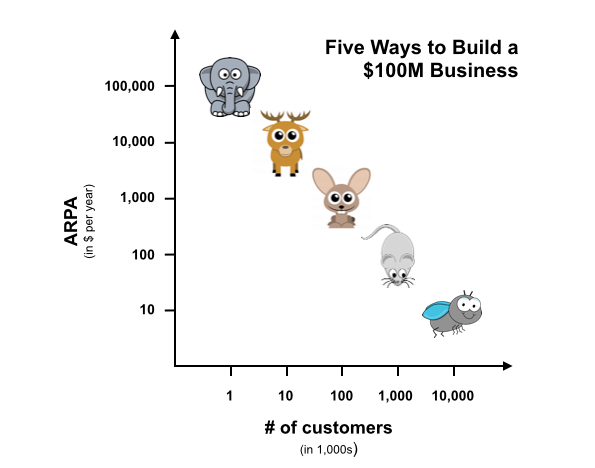Ten questions all early-stage startups need to answer


I recently did a workshop with five early stage companies. Here are my questions during the session, I hope this would help you get clarity on your business too.
Clearly articulate the problem and convince us the problem is real. Don’t jump straight into the the technical details of your solution, or start a product demo.
Which one would you seek treatment first? A knife wound on your stomach bleeding like crazy, or a paper cut on your finger. Will you pay for a patented world class paper cut treatment using some cutting-edge technologies?
Who will pay for your solution? If no one is paying, there will be no business, period. Think about who your customers are, why do they have the problem, where do they hang out etc.
Ask your potential customers questions to validate your idea. Don’t spend $100,000 to build the prototype first. You could even sign up a few pre-orders this way.
If you can’t find any potential customer to talk to now, how are you going to find them to sell to later?
You can’t focus on your customer acquisition effort if you don’t know who you are selling to clearly.
If you solve a $10 problem for your customers and charge them $1 for it, then this will be a viable business. At what point is your solution too expensive? At what point is it too cheap and your customers will start to question the quality?
If it costs you $1 to make and you are charging your customers $10, then this will be a sustainable business. What is your margin?
Lean canvas is a good tool to visualise your business. The left hand side of the canvas is everything around the product, and the right hand side is the market. The holy-grail of a startup is to achieve product-market fit.

Depending on your target market and the average revenue per customer/account (ARPA), here are 19 channels for you to explorehttps://zapier.com/blog/acquire-customers/

Generally,
This is to set a floor and ceiling on the revenue potential of your business. How many ideal customers have the same problem in the world? You can find this number in various market research reports. Define it using the topdown and bottom up approach. If you are interested in a discussion around these topics, please get in touch and mention “startup workshop 101”. We do this on-demand when we have a batch off five companies at 259 George Street.
If you are interested in a discussion around these topics, please get in touch and mention “startup workshop 101”. We do this on-demand when we have a batch off five companies at 259 George Street.
You only need to prepare a two minute pitch of your problem and solution, and bunch of questions for the brainstorming session. If you go one step further and fill in the lean canvas too, we know you are the real deal.
If you can’t find a way to get in touch with me then don’t worry, this problem is not painful enough for you yet.
This piece was first published on Medium.
Follow StartupSmart on Facebook, Twitter, LinkedIn and SoundCloud.